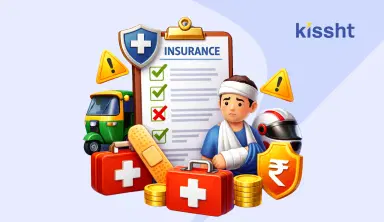How Digital Lending Is Changing Borrowing in Tier-2 & Tier-3 Cities
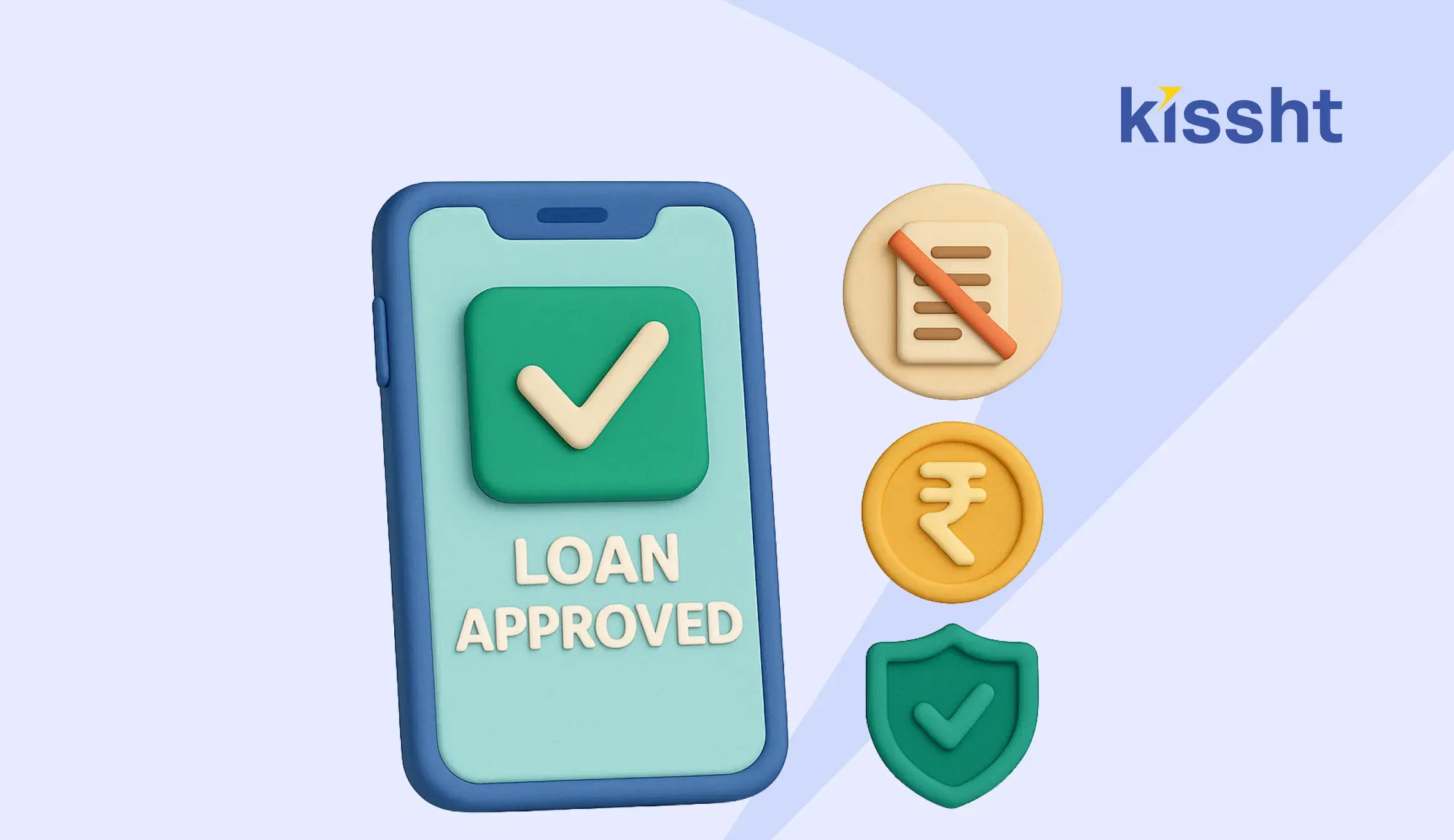
For decades, financial access in India was centered around metros and large cities. People in smaller towns often faced hurdles like limited banking infrastructure, tedious paperwork, and slow approval processes. But the story is changing fast. Thanks to digital lending, individuals and small business owners in Tier-2 and Tier-3 cities now enjoy seamless access to credit with just a few taps on their phones.
The arrival of fintech platforms and innovative lenders has transformed how people perceive borrowing. With tools like a personal loan EMI calculator and simplified loan management options, borrowers can now make informed financial decisions without visiting a bank branch. Apps like Kissht services have made financial inclusion more than just a buzzword; it’s a new reality for millions across India’s emerging towns.
The Rise of Digital Lending in Smaller Cities
Digital lending bridges the gap between urban financial access and semi-urban needs. The growing use of smartphones, affordable internet, and digital payment systems has empowered borrowers to apply for loans conveniently through a digital loan app.
According to recent industry insights, nearly half of new loan applications in India now originate from Tier-2 and Tier-3 cities. This trend highlights a massive shift in borrowing behavior as people become more comfortable with digital transactions and online financial tools.
Key reasons for this rise include:
-
Ease of access: Borrowers can apply for credit from their homes, avoiding paperwork.
-
Speed: Instant approval and quick disbursal reduce waiting time dramatically.
-
Transparency: Real-time loan tracking and clear information on processing fees.
-
Inclusivity: Even individuals with limited credit history can qualify through alternate credit scoring models.
Changing Borrowing Behavior in Tier-2 and Tier-3 Regions
Earlier, individuals in smaller towns depended on local moneylenders or community loans that often came with high interest and unclear terms. Now, digital loan platforms are providing structured and secure borrowing options.
Residents are using loans for various purposes, such as:
-
Expanding small businesses or retail stores
-
Managing education or medical expenses
-
Funding weddings or home improvements
-
Handling emergency cash needs
This financial flexibility is helping people manage their lives better and supporting local economic activity. The digital ecosystem has made borrowing more accessible and easier to handle.
How Technology Is Driving the Shift
The heart of this transformation lies in technology. With AI-driven credit evaluation, automation, and secure digital verification, loans that once took days now take minutes.
Here’s how it works:
| Step | Digital Lending Advantage |
|---|---|
| Application | Simple digital form submission through app |
| Verification | Quick document scan and eKYC authentication |
| Approval | Automated checks using alternative data |
| Disbursal | Direct transfer to bank account instantly |
Fintech platforms are not only making the process faster but also more reliable. By integrating advanced analytics, they assess a borrower’s repayment ability more accurately than traditional systems.
Why Borrowers Prefer Platforms Like Kissht
Kissht has become a trusted name in India’s credit landscape, especially in non-metro regions. With its user-friendly digital loan app, borrowers can explore multiple financing options that fit their goals.
Here’s why people prefer Kissht:
-
Instant digital loan approval without heavy documentation
-
Flexible repayment options suited to different income levels
-
Clear visibility of personal loan interest rate and total cost before applying
-
24x7 accessibility to check loan status and EMI schedule
Kissht also provides a personal loan EMI calculator, helping users plan repayments according to their income. This transparency has made borrowing more responsible and stress-free.
Impact on Local Economies
The ripple effect of digital lending goes beyond individuals; it strengthens local economies. Increased access to credit allows entrepreneurs to expand their businesses, families to manage major life expenses, and youth to pursue education or skill training.
Tier-2 and Tier-3 cities are witnessing:
-
Growth in micro and small enterprises
-
Boost in digital literacy and financial awareness
-
Reduction in dependency on informal credit systems
This financial empowerment not only improves living standards but also contributes to India’s overall economic progress.
Challenges That Still Exist
While digital lending has transformed borrowing, there are areas that need more attention. Some borrowers still lack awareness about how to identify legitimate apps, while others struggle with managing EMIs effectively.
Key challenges include:
-
Limited understanding of credit scores and repayment cycles
-
Risk of unverified apps misleading users
-
Need for continuous digital education
Actionable Tip:
Borrowers should always choose verified platforms like Kissht services that are transparent about their lending partners, policies, and data protection standards.
The Road Ahead for Digital Lending
The future of lending in India clearly belongs to the digital space. As smartphone penetration continues to increase, more people will experience the convenience of instant and paperless credit. With innovations such as biometric authentication, AI-driven risk models, and vernacular language support, Tier-2 and Tier-3 borrowers will find financial access easier than ever.
Digital lenders are expected to work closely with NBFCs and banks to offer customized digital personal loan products tailored to regional needs. The coming years will see more awareness programs that help borrowers understand the importance of repayment discipline and smart credit use.
In the long run, responsible borrowing through trusted digital lending platforms can redefine how India’s smaller towns grow.
Financial Inclusion for the Next Wave of Consumers
The rise of instant digital personal loan services has unlocked financial inclusion for millions outside metropolitan India. For borrowers in smaller towns, digital lending is more than convenience; it’s empowerment. It means no more paperwork, no long waits, and no middlemen.
Apps like Kissht bring technology and trust together, allowing people to borrow confidently and repay comfortably. As digital awareness spreads further, Tier-2 and Tier-3 cities will continue to shape India’s new financial story, one digital loan at a time.
FAQs
Q1. What is digital lending, and how does it help smaller cities?
Digital lending uses technology to provide easy access to credit through apps and online platforms, enabling people in Tier-2 and Tier-3 cities to borrow quickly without physical visits to banks.
Q2. What is a reasonable personal loan interest rate in India?
The personal loan interest rate varies based on your credit score, income, and lender policies. Always compare rates before applying for any loan.
Q3. Why is Kissht considered one of the leading digital loan apps in India?
Kissht offers fast approval, transparent terms, and flexible repayment options through its digital loan app, making it a reliable choice for both salaried and self-employed borrowers.

Instant Loans at Your Fingertips
Personal Loan
Fast, hassle-free loan for your personal needs.

Business Loan
Fuel your business growth with quick approvals.

Loan Against Property
Unlock your property’s value with ease.

Credit Pulse
Boost your credit score with smart insights.

Track your credit score
Simply enter your mobile number to get a quick overview of your credit score.
Check Now
Related articles
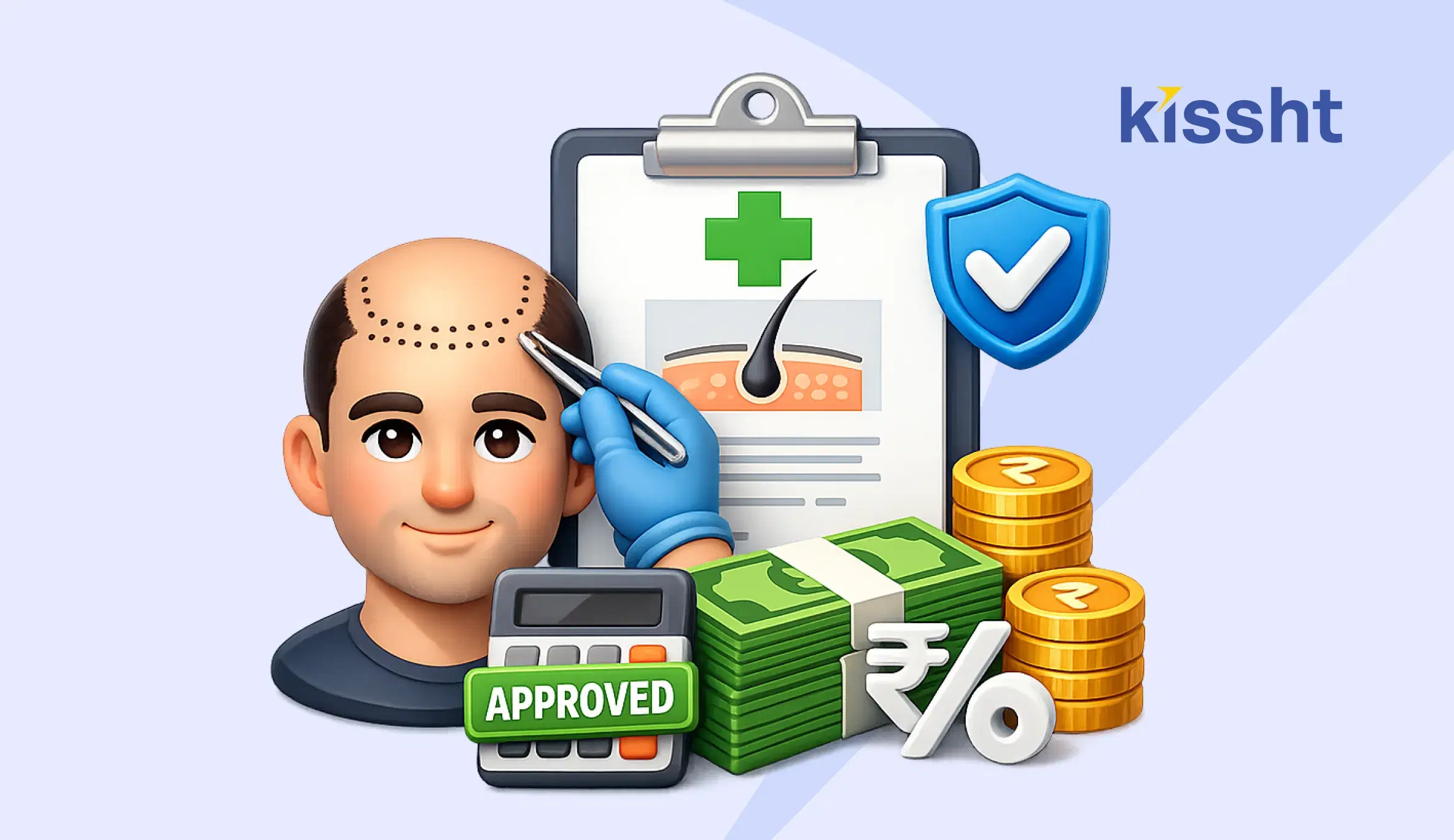
Feb 24, 2026
Loan for Hair Transplant: Everything You Need to Know
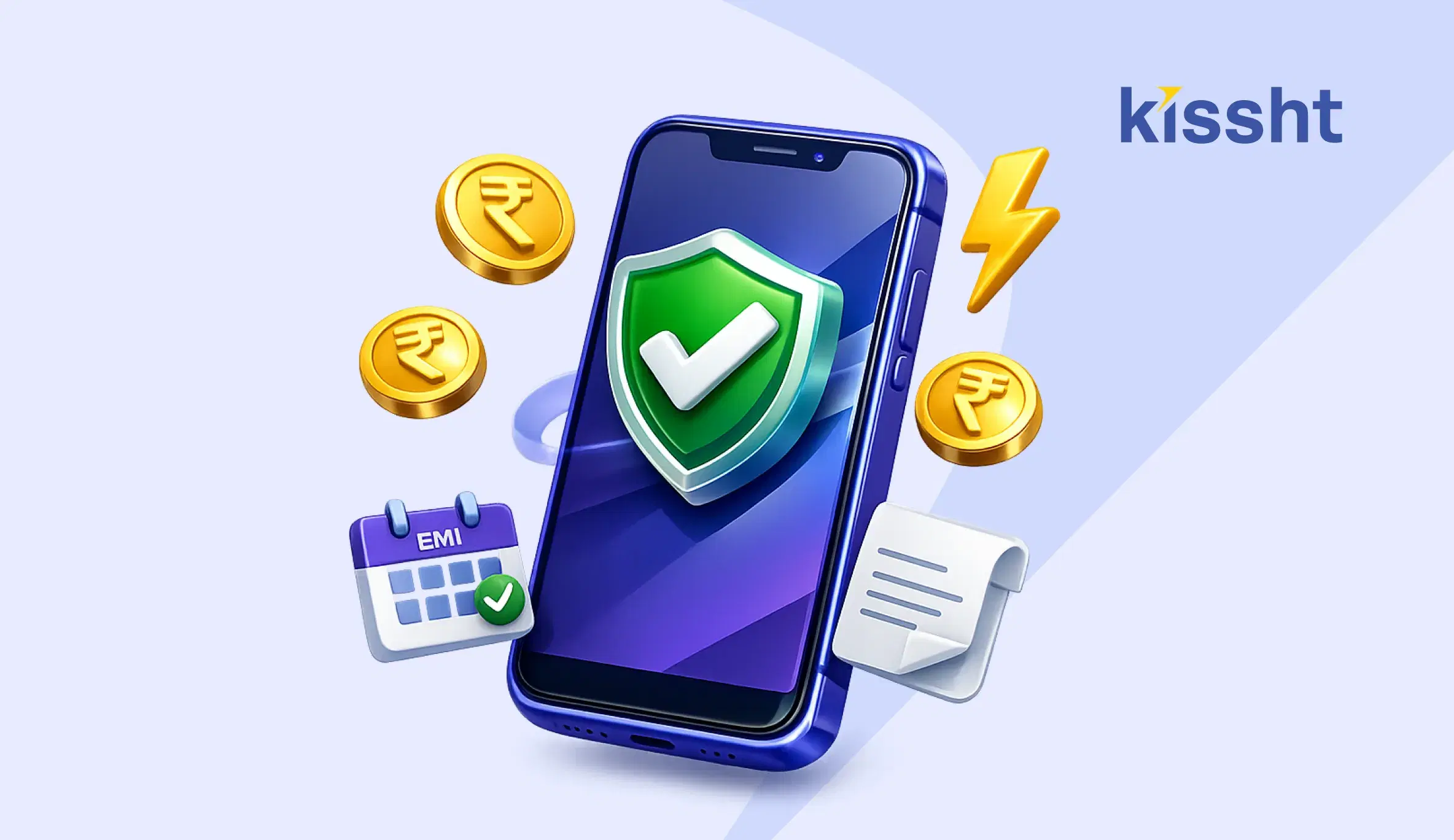
Dec 30, 2025
Benefits of Choosing an Online Loan App in India
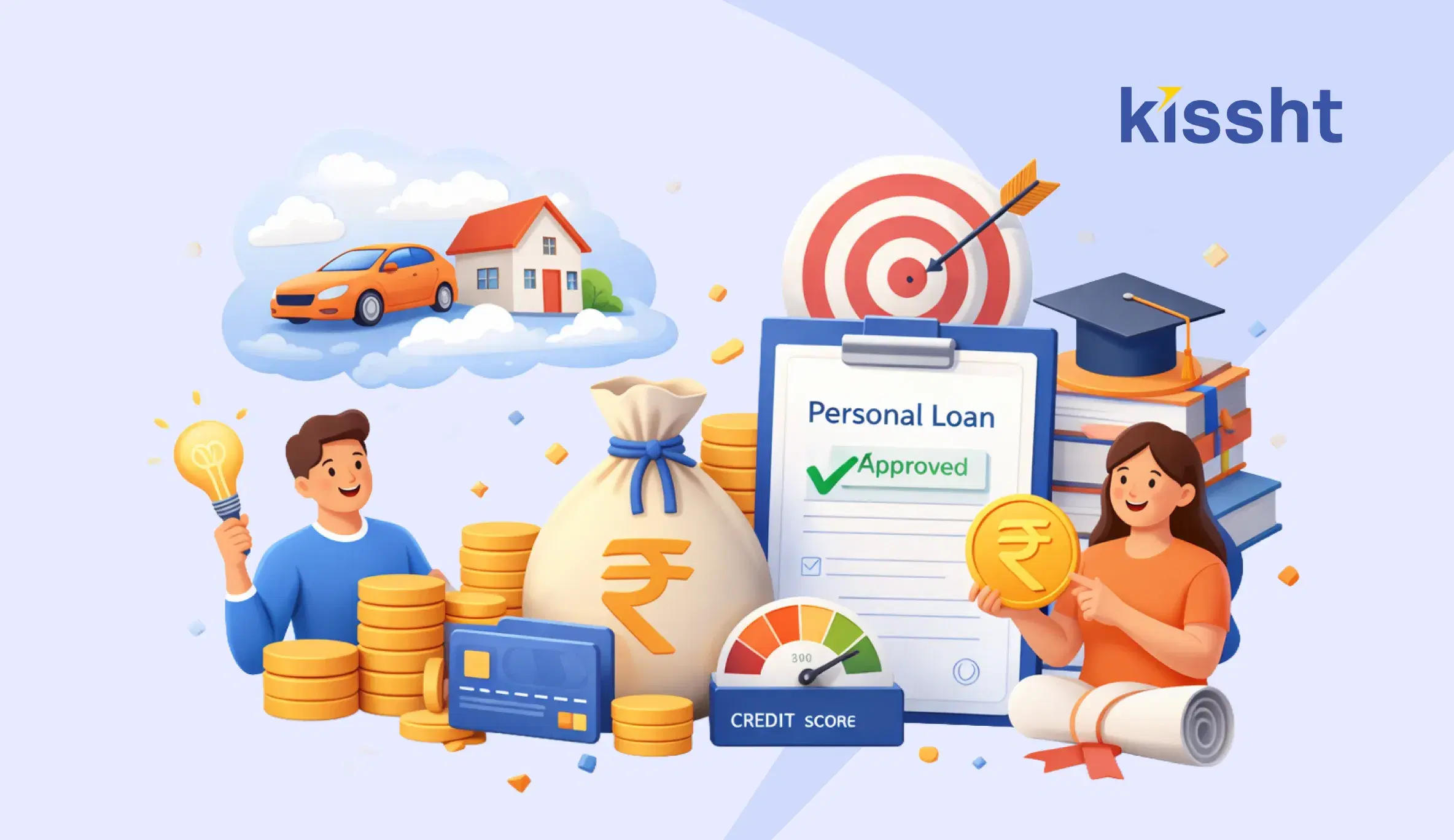
Dec 30, 2025
From Dreams to Reality: Funding Your Goals with a Personal Loan
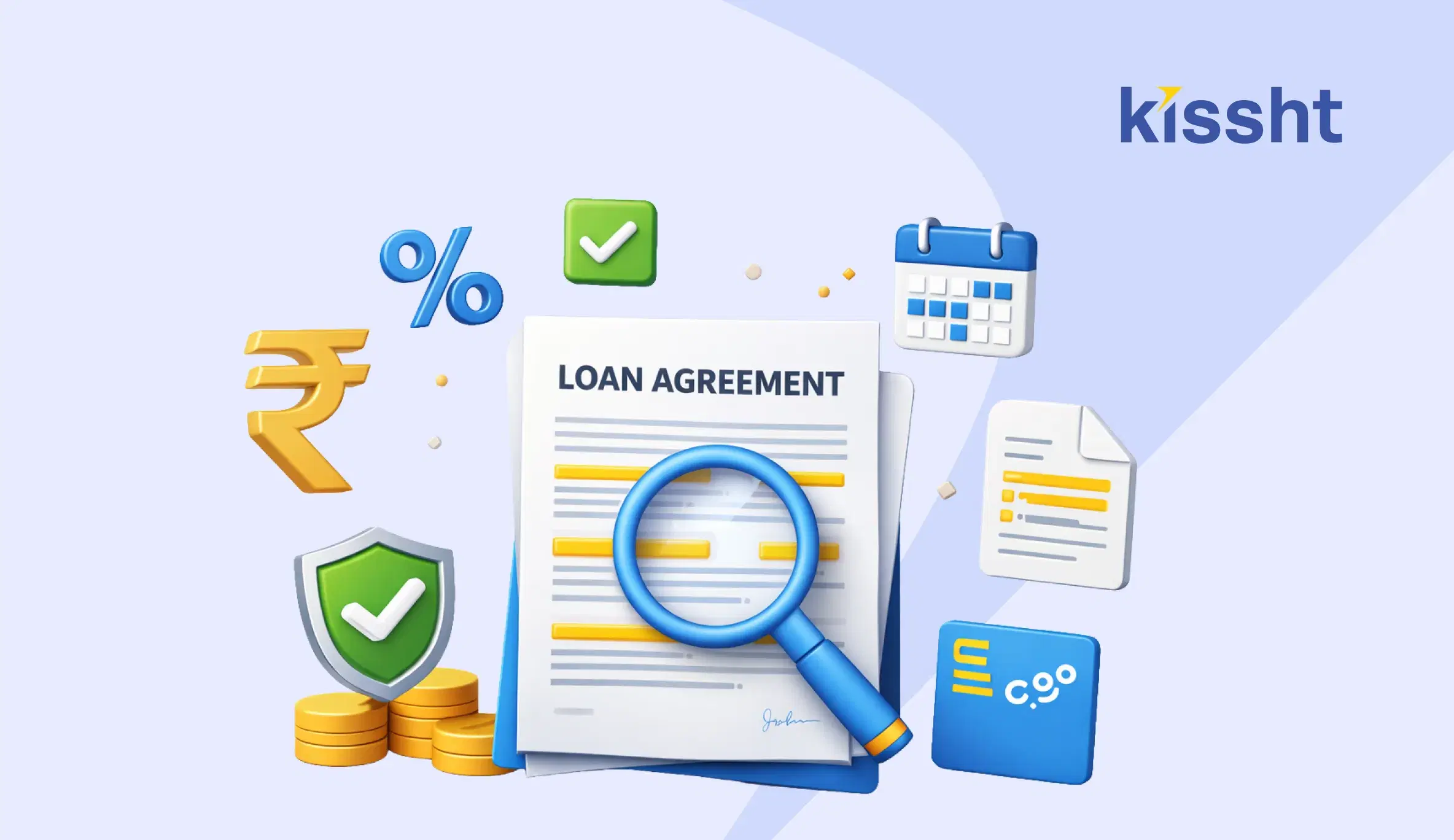
Dec 26, 2025
Understanding Your Loan Agreement: Key Terms Explained
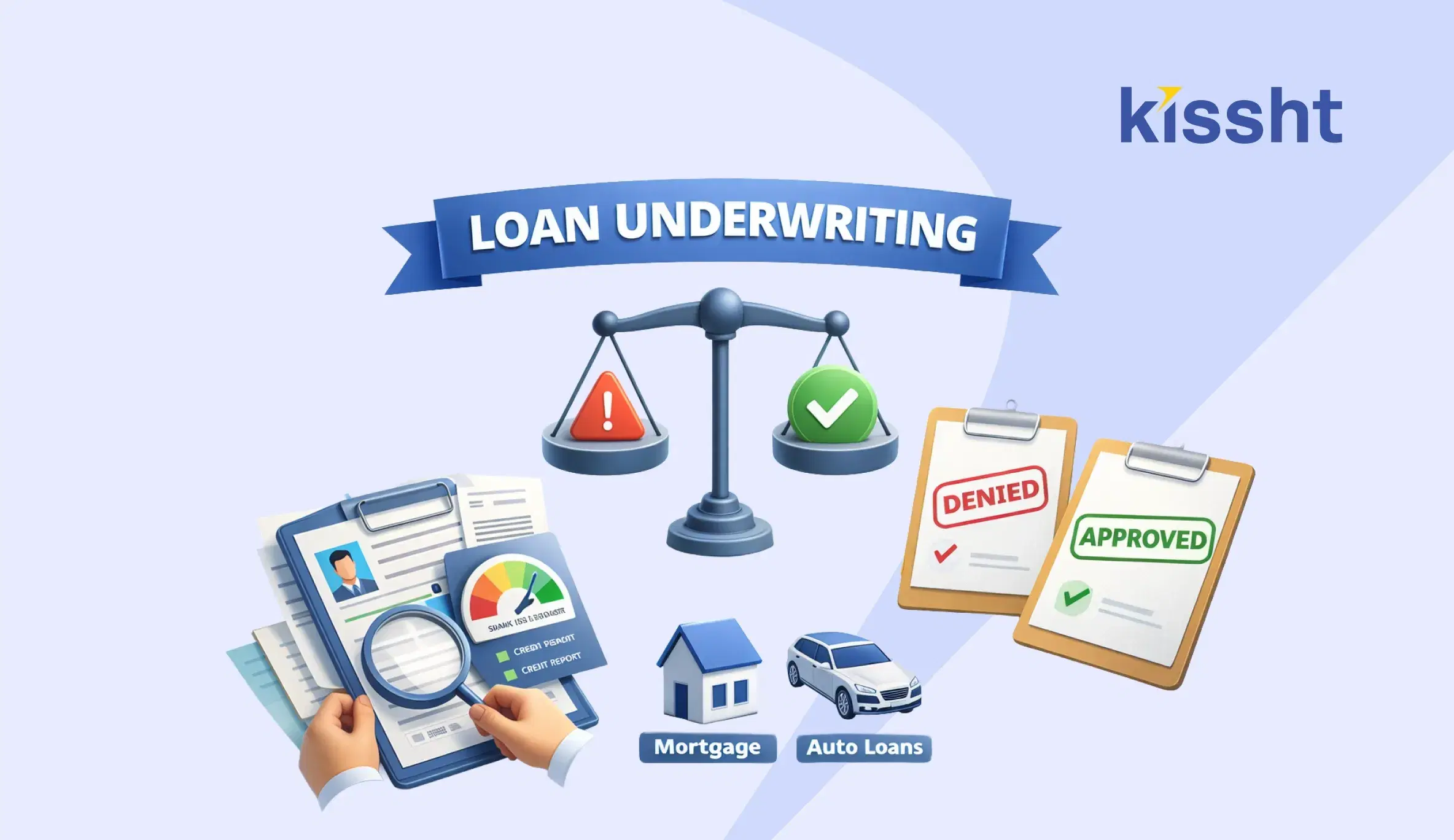
Dec 22, 2025
What Is Loan Underwriting? Definition, Types, and How It Works
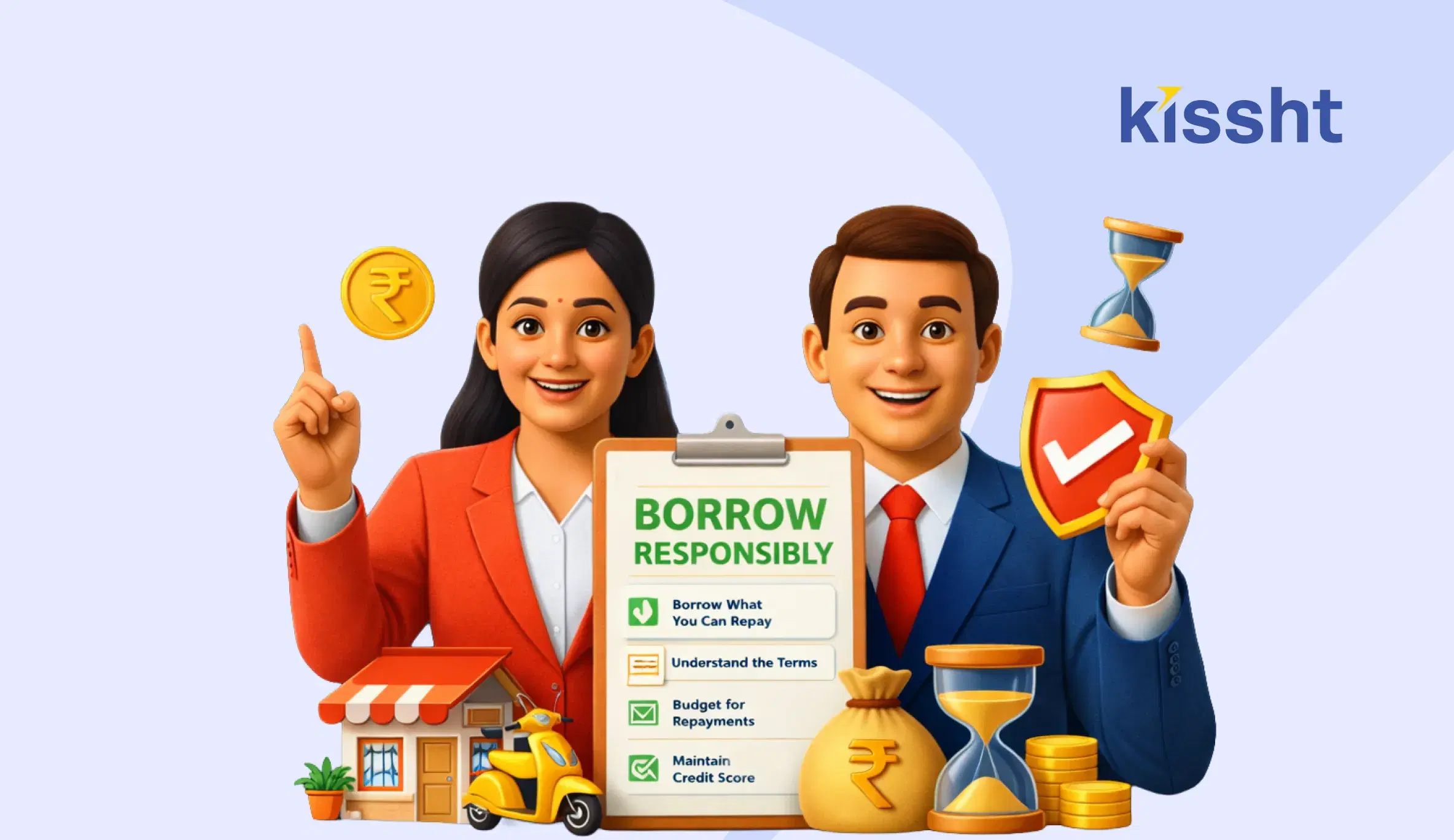
Dec 20, 2025
How to Borrow Responsibly: A Beginner’s Guide
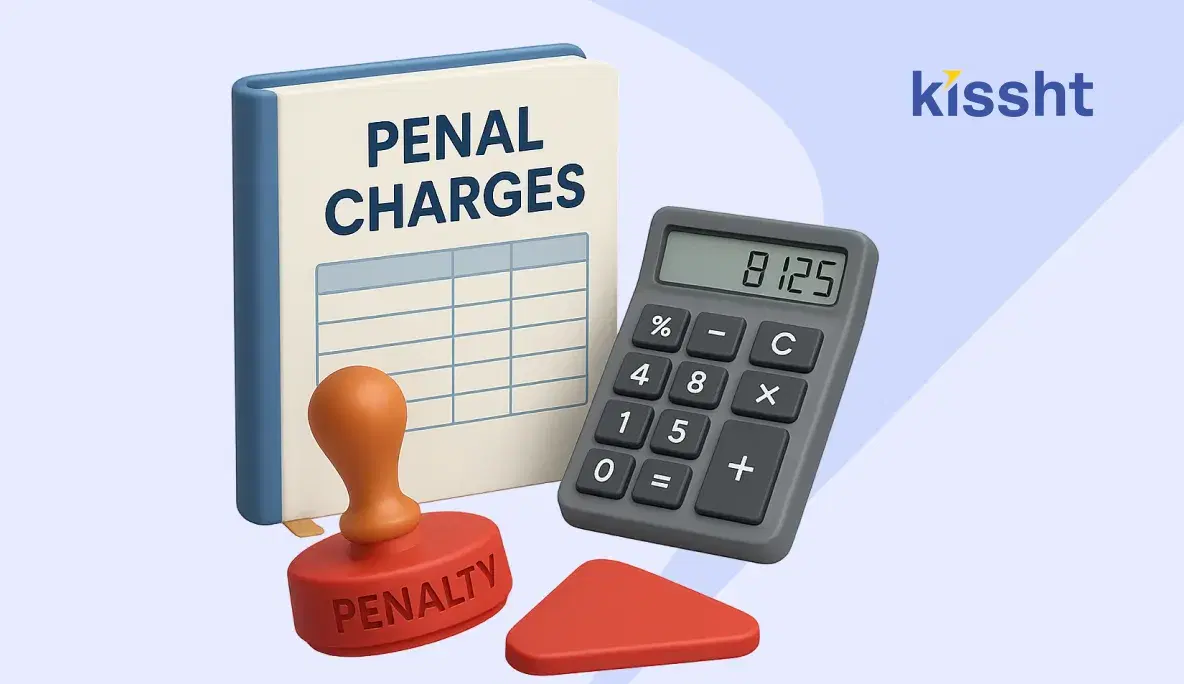
Nov 21, 2025
What Is Penal Charge? How Is It Calculated?

Oct 25, 2025
Loan Settlement Explained: Meaning, Process, and Benefits

Oct 07, 2025
NOC Full Form: What is Loan NOC & Why It’s Important

Oct 07, 2025
What is EMI? Meaning, Full Form & How It Works

Oct 07, 2025
What is an MSME Loan? Everything You Need to Know

Sept 08, 2025
